The UK Education Blog met WuKong Education at the EdTechX summit in London and learned that it is an online EdTech company headquartered in New Zealand that is committed to providing a better learning experience for K12 students around the world.
Co-founder Cicy Ding was a speaker at the session “Scaling Internationally: Shared Experiences from EdTech Leaders” and was happy to provide more information about their EdTech company.

What stood out was that the company aims at making online learning easy, fun, and efficient. But many EdTech companies claim this, so we asked a few more questions about the EdTech products and services, but also about the EdTech business strategy.
1. Can you briefly explain what you currently offer?
We offer live lessons for students aged 3-18. The main subjects we provide by now are Chinese and Mathematics. WuKong’s Chinese online course was launched in 2018 and our Maths program started last year. New Zealand is our first stop, and later we successfully expanded our business map to North America, Europe, and Asia, which are our core markets now. The number of class bookings has increased 70 times from 2019 to 2021. There are about 300,000 students registered with WuKong.
2. Your goal is to let children discover that learning is not something to be hated, but something worth a lifetime of effort. How is this reflected in your programme?
Since our inception, we have invested a lot of resources in teaching and research. This is because the content and pace of Chinese teaching is very different for children from different countries and families, so we set the goal of tailoring our teaching to their needs from the outset, opting for one-to-one and small group teaching.
Similarly, we have spent a lot of time polishing the grading system to more precisely find the child’s target and to design their learning line for children from different backgrounds.
Our programmes incorporate New Zealand’s world-renowned Inquiry-based learning philosophy to truly inspire learners.
Specifically in terms of teaching sessions, if we are dealing with children from non-native English-speaking countries such as Germany, France, and Japan, our teachers must have the ability to teach in that country’s language. In addition, we match the teaching content to the environment in which the user has grown up.
To give a simple example: for the Chinese character “爱(love)”, WuKong’s teacher would first ask the children, “What does this character look like? Where have you seen such a character in your life?” and use a picture of a mother’s love to guide the children’s imagination and thinking. The children are then taken through the process of analysing and deconstructing the character, breaking it down into its radicals; next, they are told the pronunciation and semantics of the character, and then they are given words and sentences; finally, the children are asked to express love physically, to feel love, and to say “love” to those close to them.
This way, children use almost all their senses to learn, which is not only fun but also very memorable. It is a very touching process as the children at WuKong are slowly taking the initiative to speak Chinese at home and their parents can see the changes and growth in them.
3. What stands out in terms of the user experience WuKong offers?
- We stay true to the roots as an educator
WuKong’s original mission is to “educate with love”. A large proportion of our staff are parents themselves, and their children are learning at WuKong, so we are both the
producers and users of our products. This is the biggest “secret” to the quality of WuKong’s products and courses, which is to test our products against the standards of parents.
- We invest a lot of resources to polish the curriculum
Take the Chinese course for example, it takes 2000+ hours to develop a unit course in WuKong Chinese, going through 5 major stages, 20+ workflows and hundreds of trials to hone the course before it is finally put into formal teaching use.
- We use the original 6A inquiry-based teaching method
To address the difficulties of non-native Chinese learners who are more passive and lack of interest in Chinese learning, WuKong has developed the WuKong 6A teaching model based on the inquiry-based learning method, which allows students to change from “passively being taught” to “active exploration” and enjoy learning Chinese. 6A includes “Ask, Analyse, Acquire, Act, Advance, Assess”.
- We use the original WuKong 5C competency and literacy model
When responding to a students’ lack of interest in Chinese learning and poor Chinese vocabulary, WuKong incorporates interdisciplinary knowledge into the design of the Chinese curriculum and classroom presentation, creating the WuKong 5C competency model, which drives students’ interest in learning through innovative topics. We also integrate history, geography, biology, and science into the curriculum design, which comprehensively improves their interest and Chinese vocabulary. The 5Cs include: Critical thinking and problem solving, Communication and collaboration, Creativity and imagination, Citizenship and leadership. Citizenship and leadership, Cultural inclusion, and respect.
- We develop a leading teaching and learning management system
Since 2019, our IT team has invested tens of millions of dollars in the research and development of our technology and data platforms to build an industry-leading teaching quality management system and an intelligent learning tracking and analysis system. We have also developed a set of relatively mature teaching content systems and technology platforms that meet the personalised learning needs of our users, based on our continuous expansion in the global market and the growing needs of our users. We believe that the most precious thing for most parents nowadays is their children’s enthusiasm for learning, and WuKong hopes to fully stimulate children’s interest in learning and their thinking in learning through technology-enabled means. Our app, applets and interactive courseware are embedded with lots of interactive features to move children from ‘passively being taught’ to ‘actively learning’.
Our aspiration is to help children grow happily and grow wisely in parallel, and to be a faithful companion in the learning process for families around the world.
4. How have these efforts been reflected in the success of WuKong Education?
Our investment in products and technology has ultimately driven growth. Many of our new students come from referrals from existing students due to their recognition of our products and services and are willing to spontaneously promote WuKong.
At WuKong, two out of every three new students come from referrals, which is the strongest brand power by word of mouth. In the last two years (2020 and 2021), WuKong has grown 70 times in global usage.
5. Which measures helped increase referral and renewal rates?
- Enhancing the learning experience of students
We provide students with a stage-by-stage enhancement programme and personalised review services to enhance their learning experience and thus increase their retention rate.
- Polishing teaching quality
We believe that visualisation of teaching effectiveness is the basis for increasing user trust, and that quality courses and teachers are the prerequisites for increasing renewal rates, so we invest a lot of resources in polishing our teaching products.
After stratifying our users, we take different guidance measures for different users in a rhythmic manner.
6. What would you suggest an EdTech business to do to prepare themselves to scale?
– Optimize the product market fit.
– Develop a sustainable growth strategy.
– If it’s strategically important but easy to enter the market, lower the cost and risk.
7. What’s the biggest barrier to growth you’ve experienced? How did you get beyond it?
We are targeting the global markets. We have experienced challenges like how to manage distributed teams and how to effectively manage market expansion costs.
What we do is centralize multiple core functions, such as human resources, IT department, service centre, curriculum design, teachers hiring and training. We roll out those centralized functions to global markets. This is more cost effective for the company.
We also build regional focused centres to be more responsive to local markets and have a deeper understanding of local customers.
8. How did you craft your original growth strategy and what objective underpinned it?
Product is king, committed to providing students with the best learning experience. Without a good product, growth is unsustainable.
Before starting my business, I hoped my naughty daughter would become a keen learner. She was very interested in her native language Chinese, but we lacked good Chinese teachers in New Zealand, so I thought of using the Internet to connect with the best teachers in China to teach my daughter. This is the origin of WuKong.
So, in the beginning, I was doing the course for my daughter, and now my daughter is still one of WuKong’s students, she is our “Chief Product Experience Officer”, and she really likes our Chinese and Math class.
Just like me, our team at WuKong are polishing the products with love for our next generation. Minimum Viable Product is so important. Do MVP first, iterate rapidly, then expand with a relatively mature model. It is necessary to focus at the beginning, to explore MVP models such as products, acquisition channels, sales and service models, etc.
From New Zealand to global markets, WuKong completed the MVP test in the New Zealand market back in 2019. In 2020 we entered the nearby Australian and further North American markets. Even later, we entered the European and Asian markets. Explosive growth doesn’t just happen.

It was a pleasure meeting Sasha, the head of BD at WuKong Education, at the EdTechX summit and to exchange a Q&A with Cicy online. If you want to learn more about the platform you can visit the website: https://www.wukongsch.com/en.
 Despite what is put inside it, this bin is far from rubbish. With the power to turn our waste into solar energy, there’s no doubt this invention could reinvent life as we know it. If it is ever possible for this pupil’s drawing to become a reality, there won’t be a house, street, or park in sight without one.
Despite what is put inside it, this bin is far from rubbish. With the power to turn our waste into solar energy, there’s no doubt this invention could reinvent life as we know it. If it is ever possible for this pupil’s drawing to become a reality, there won’t be a house, street, or park in sight without one. If you thought electric cars were futuristic, wait until you see this new ride. Not only can it fly, but it can also save the world. Forget a sports car, this new model will be all the rage, as it shoots through the sky on its way to refreeze Antarctica.
If you thought electric cars were futuristic, wait until you see this new ride. Not only can it fly, but it can also save the world. Forget a sports car, this new model will be all the rage, as it shoots through the sky on its way to refreeze Antarctica.


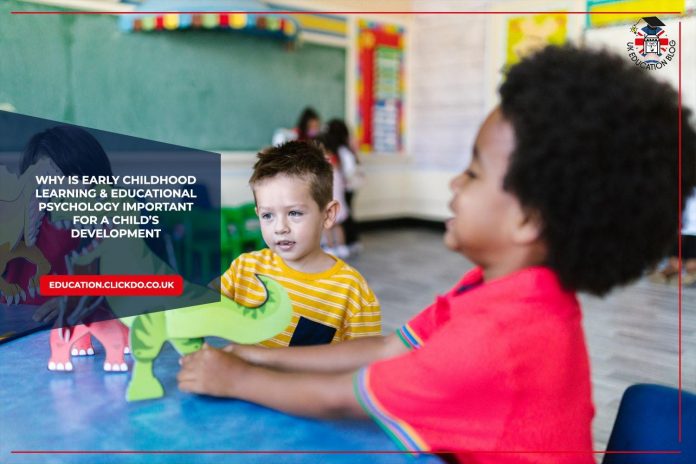
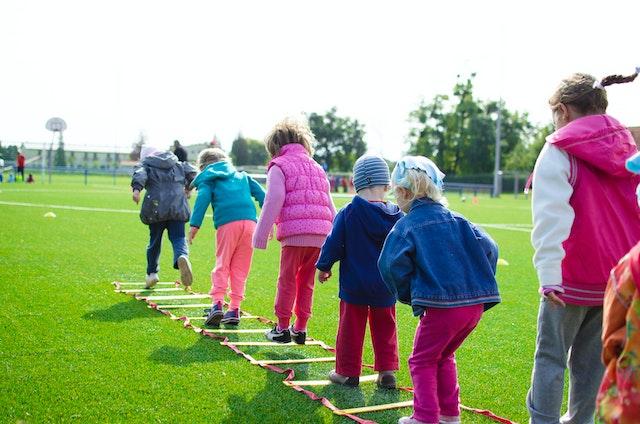
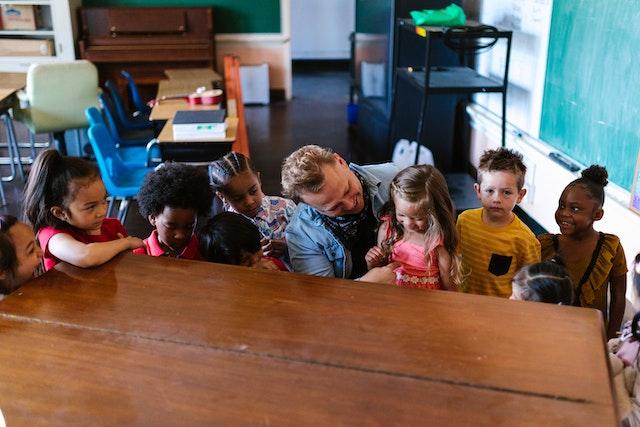











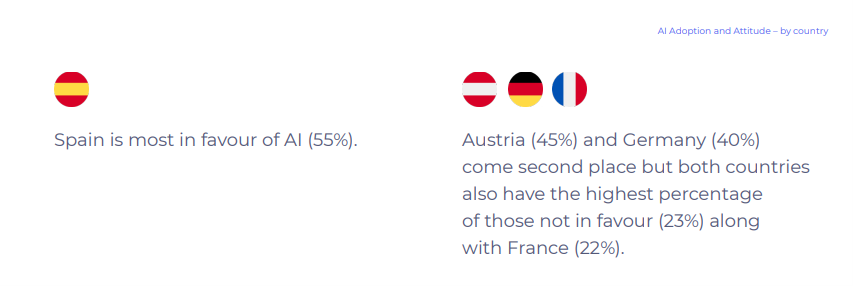
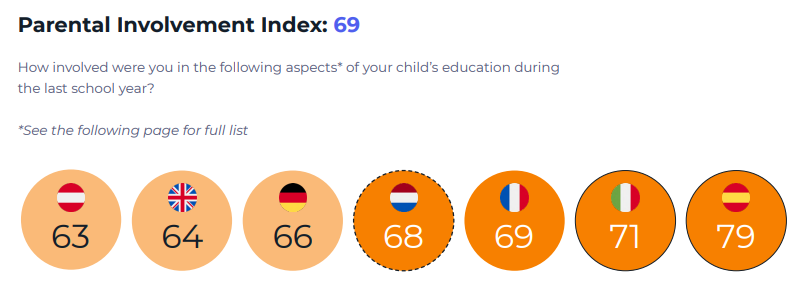
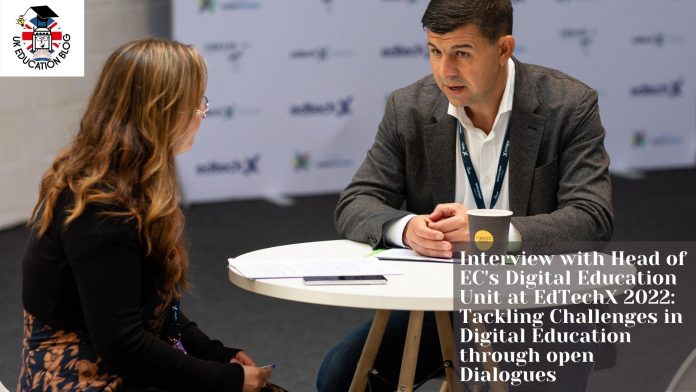



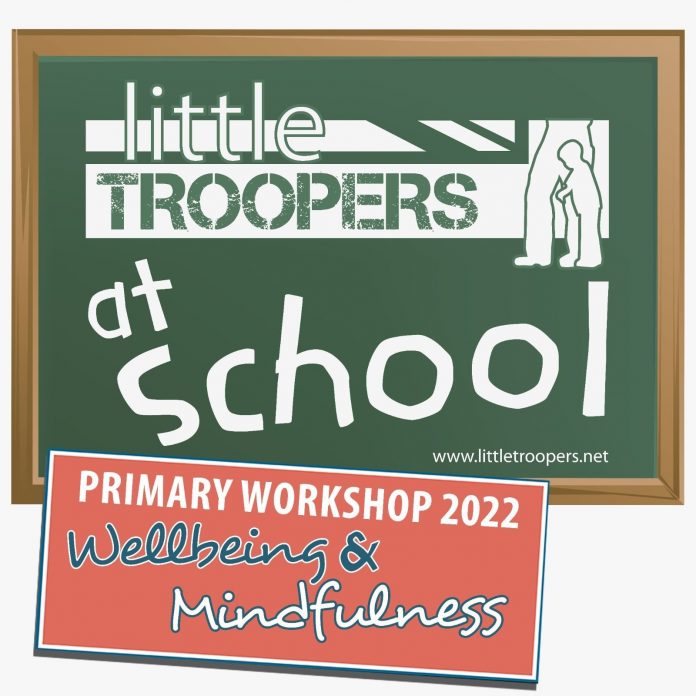
 This year’s workshop has been made possible thanks to generous grants from ABF The Soldier’s Charity, The Royal Navy & Royal Marines Charity, and The Grocers Charity.
This year’s workshop has been made possible thanks to generous grants from ABF The Soldier’s Charity, The Royal Navy & Royal Marines Charity, and The Grocers Charity.



